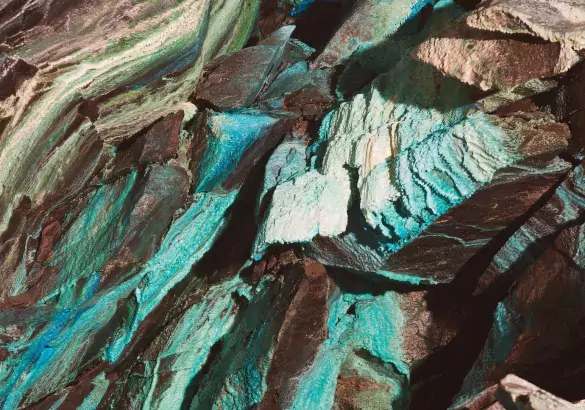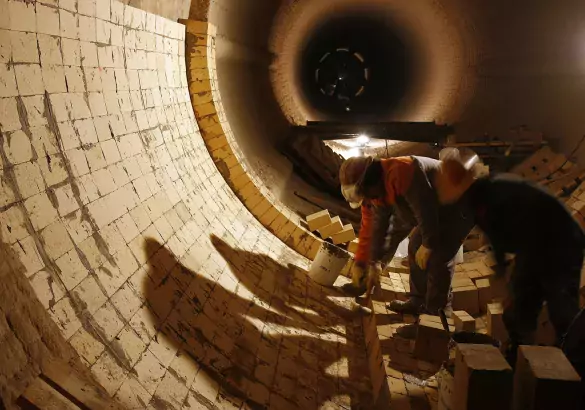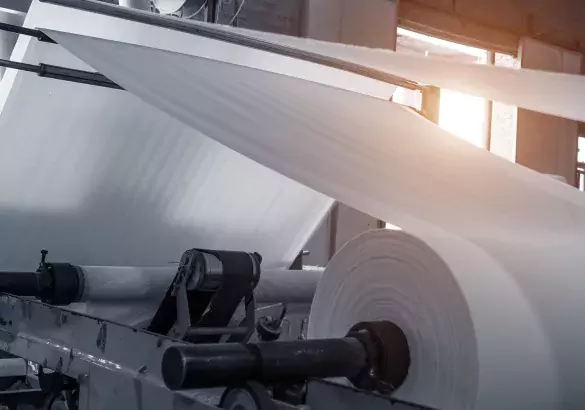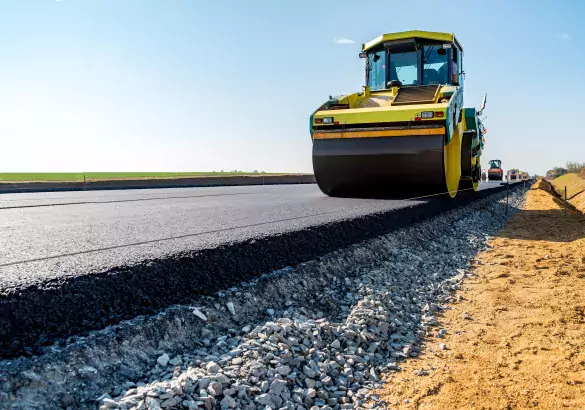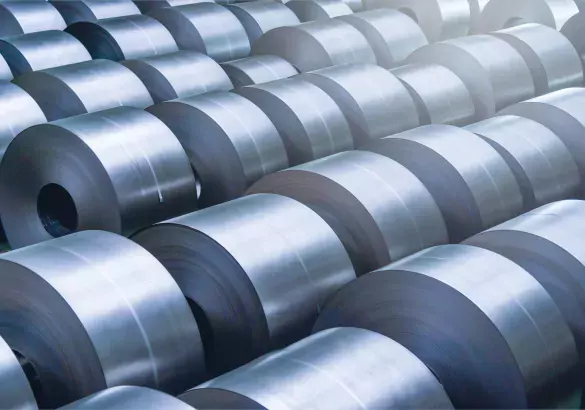Building materials
Our building materials
Through the ages, builders have made use of the binding properties of hydrated lime to construct different types of structures, such as Roman temples, castles, cathedrals, and bridges. Today, lime-based mortars still form part of masonry and façades are finished using lime-based render and plaster mixes.
Lime is also an ingredient in modern building materials such as autoclaved aerated concrete and sand-lime bricks. These materials have excellent mechanical, thermal, fire, and acoustic insulating properties and are easy to work with, making them extremely popular.
Limestone, calcined limestone derivatives such as quicklime and hydrated lime and clay are major components for building materials such as mortars and renders and concrete. Lhoist offers a wide range of aggregates, ground and milled minerals, quicklime and hydrated limes that have been specially developed to be used as fillers and extenders.

Mortars, renders and plasters
Masonry wall construction involves the positioning and fixing of bricks and blocks. Walls must cope with loading, deformation due to climactic conditions, and vibrations, among others.
Excellent workability makes application straightforward. Extended pot life provides flexibility in application practices to minimize waste.
Sand-lime bricks (SLB)
At Lhoist, we produce a special quality of lime for calcium silicate (sand-lime) bricks that makes them especially simple to work with. Only natural raw materials are used. A mixture of lime, sand and water is pre-formed in presses. The result product is hardened in autoclaves under steam pressure at temperatures between 160°C and 200°C.
Lime and quartz sand react to give the bricks their compressive strength to bear high loads. Calcium silicate bricks also provide good sound-insulating properties.

Autoclaved aerated concrete (AAC)
Aerated concrete is made from lime, cement, gypsum, sand and water. These components are mixed, after which aluminium powder is added. This acts as a gas-forming raising agent, producing a frothy mass that is cut with wires and hardened in autoclaves.
Aerated concrete is an easy-to-use, lightweight building material. It offers excellent fire-resistance characteristics and demonstrates high thermal insulation performance.
At Lhoist, we manufacture lime with tailored reactivity curves to fit the variety of raw materials and customer processes for the production of aerated concrete.
Clay bricks and roofing tiles
Limestone is used in the manufacture of clay bodies such as bricks and tiles. It controls oxidation and contributes to slight changes in colour and colour patterns.

Ceramics, tiles and sanitary ware
At Lhoist, we deliver minerals that are essential to the production of ceramic goods, including sanitary ware, porcelain floor and wall tiles, porcelain figurines and other fired ceramic items. Ball clay is one of the two largest components of a ceramic body. It plays a critical role in the formation of ‘green strength’ or ‘plasticity’.
It also serves to bond other components together and facilitates even firing in the kiln. Limestone is used as a fluxing agent and adds porosity in certain ceramic applications, such as the production of wall tiles.

Cement and concrete (aggregates and fillers)
Our portfolio includes a wide range of aggregates as well as ground and milled minerals. At Lhoist, we have developed limestone fillers that are specially formulated to be used as certified fillers and extenders. These enhance the properties of cement and fly ash in ready-mixed concrete, precast and manufactured concrete. That way, we contribute to the development of ergonomic concretes that eliminate vibration and noise.
Our refined minerals offer unique consistency in terms of colour and shape. Engineered products are widely available and can be used as a cement additive to control hardening speed and concrete quality.
Fibre cement boards
Limestone is used as filler in fibre cement siding, cladding and backer boards. It adds stiffness and strength to the final formulation. Many high-end producers prefer it over more abrasive silica fillers. During fabrication and installation, limestone helps to prevent the generation of nuisance silica dust.

Historical building restoration
Hydrated lime is ideal for the restoration of historical buildings as it was used by our ancestors. Its resistance to ageing can be seen in edifices around the world.

Paint
Lhoist has industrialized the production of highly-concentrated milk of lime/lime slurry, maintaining all the advantages of former putty lime and eliminating the significant quality variations seen in the past.
Our special milk of lime/lime slurry is a raw material devised for paint formulations. As it is polymer-free, it is perfect for solely mineral formulas. It creates no emissions. With a pH greater than 12, it also inhibits growth of bacteria, mould, and fungi, with no addition of chemical biocides necessary.

Asphalt roofing
Limestone acts as a filler in the production of asphalt-based roofing shingles, either fibreglass-cored or organic material-based. Consistent, high-calcium chemistry is crucial to the achievement of proper tear strength of the final product.
The presence of magnesium or silica is considered deleterious. Particle size is strictly controlled to achieve stable viscosity and maximum loading and packing. Surface characteristics of the particles are also important to ensure that volatile oils are not absorbed by the filler, which would cause an alteration in viscosity.

